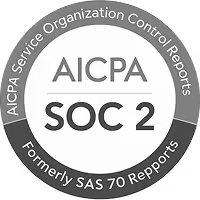Get Your Copilot

Create an AI Agent for Transportation And Logistics
Copilot.live chatbot for logistics that streamlines and automates processes to improve efficiency and accuracy in your logistics workflows.
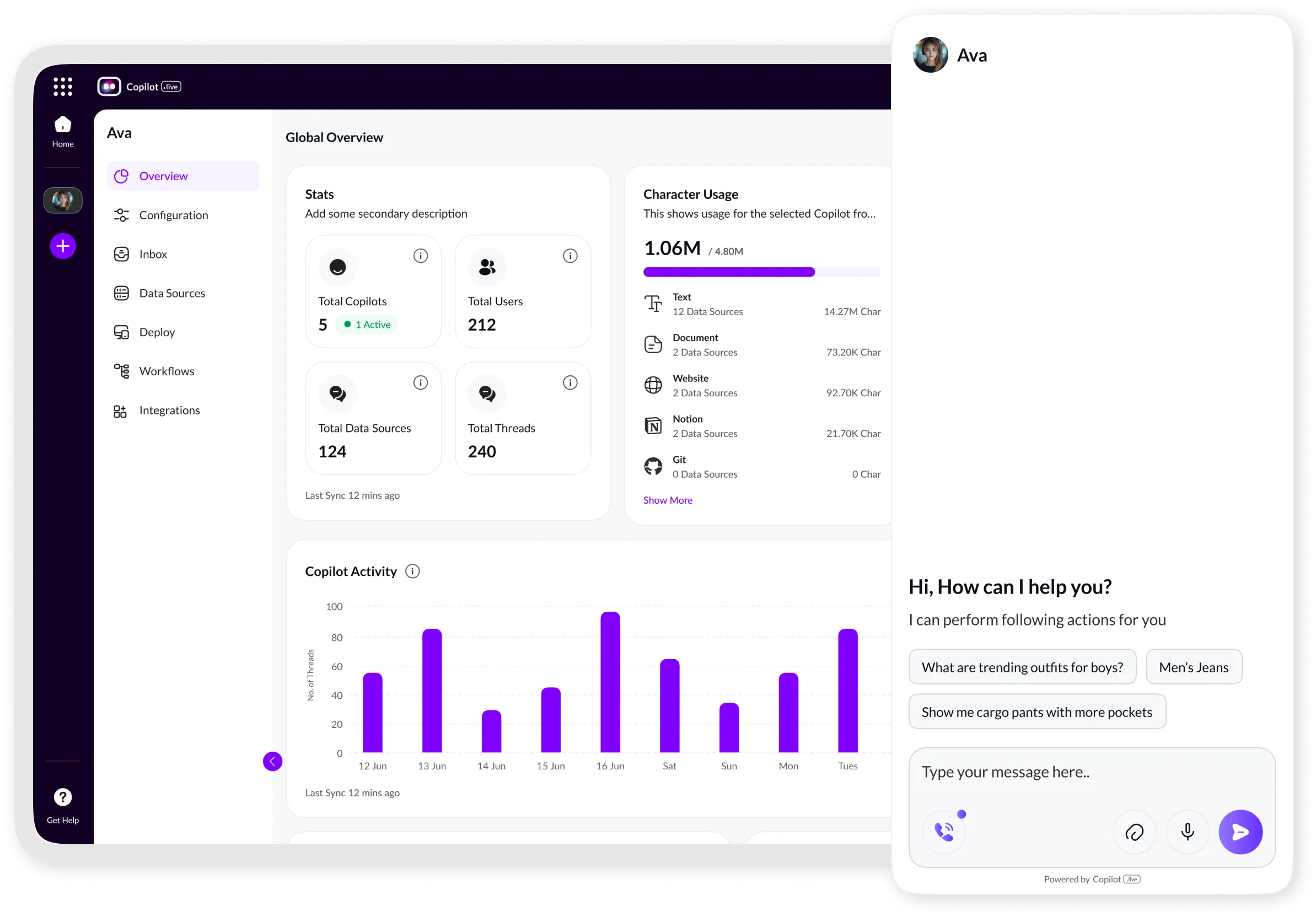
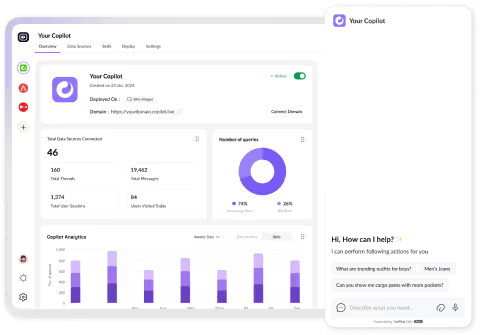
Create an AI Agent for Transportation And Logistics
Copilot.live chatbot for logistics that streamlines and automates processes to improve efficiency and accuracy in your logistics workflows.


Build an AI assistant in 3 minutes
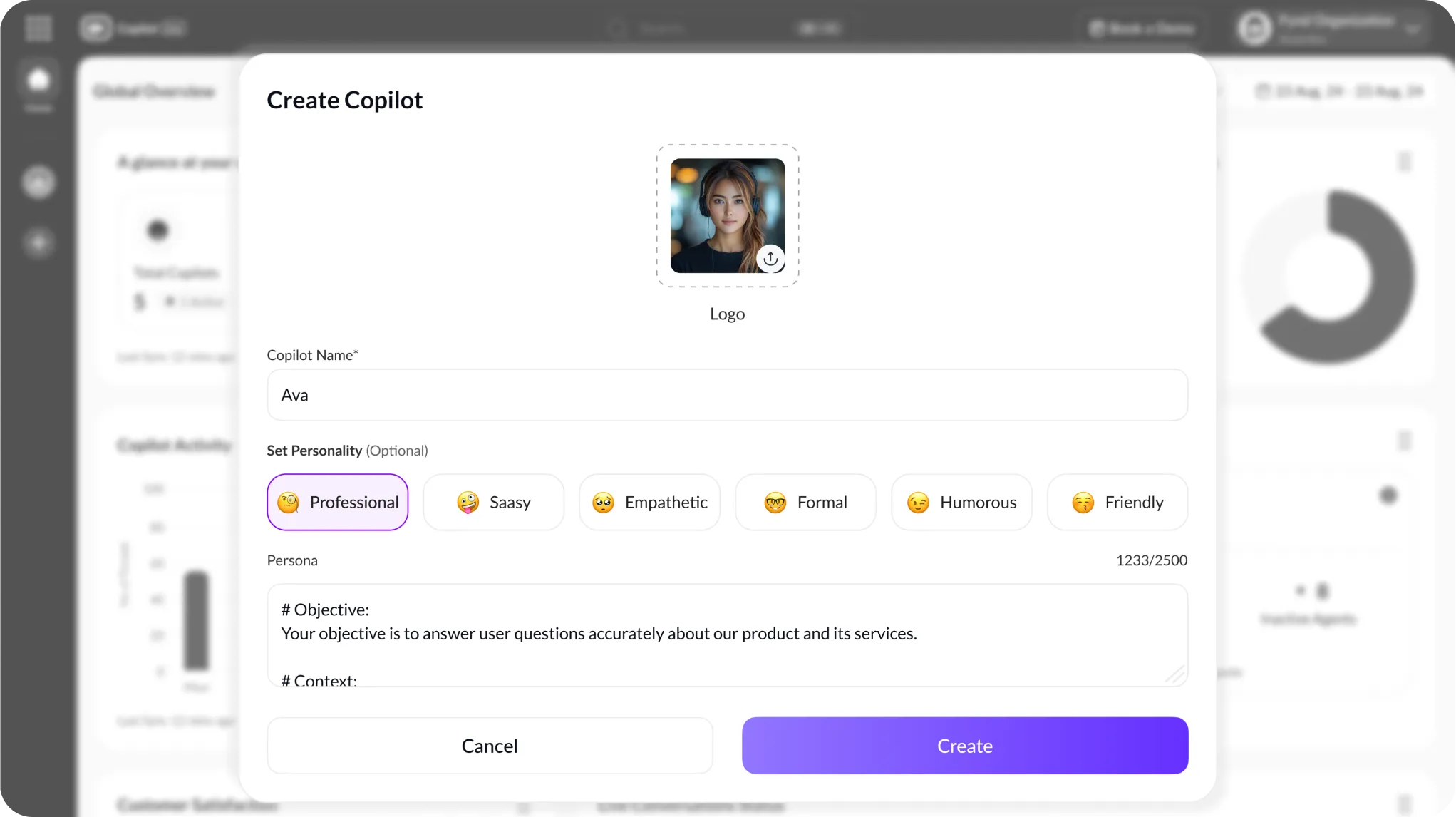
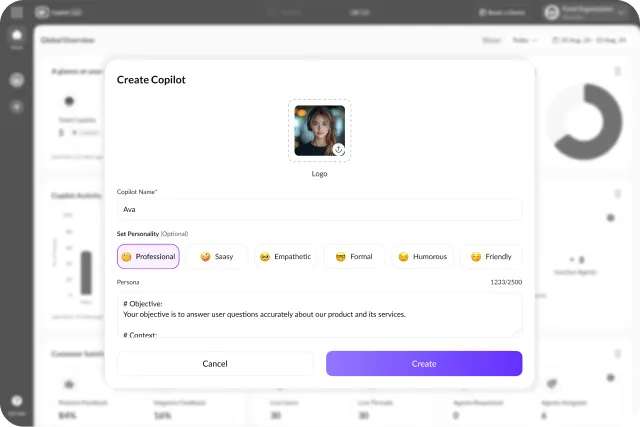
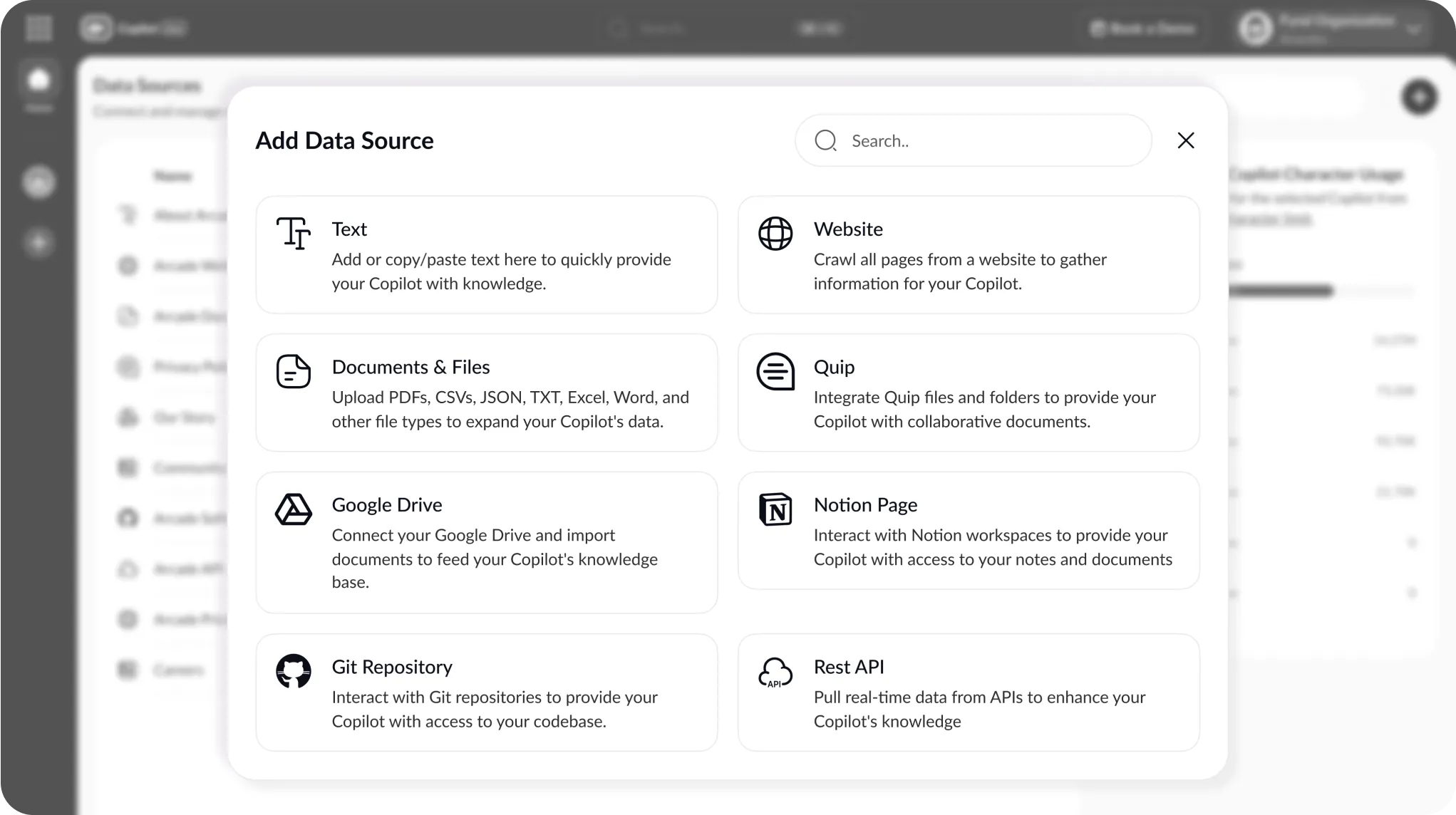
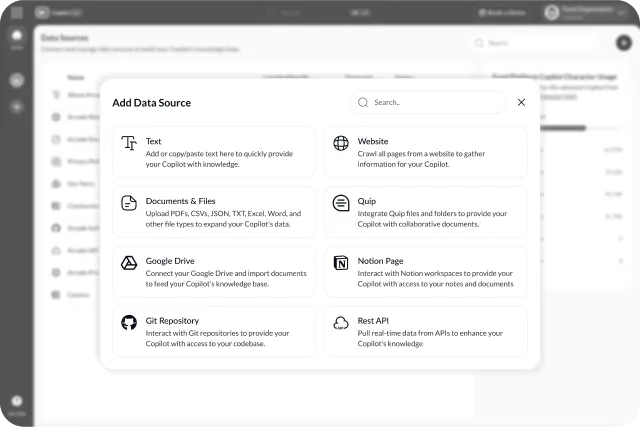
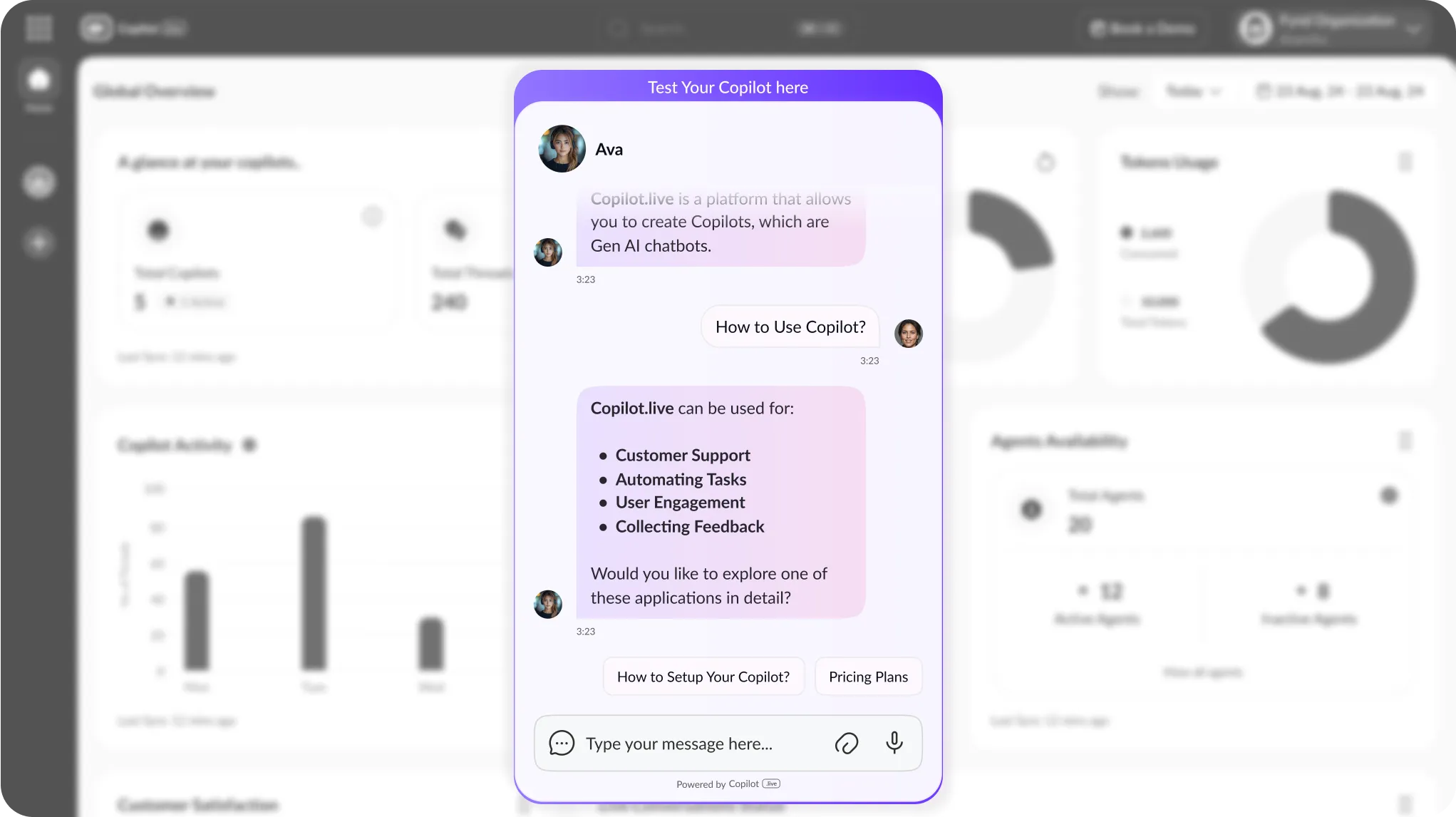
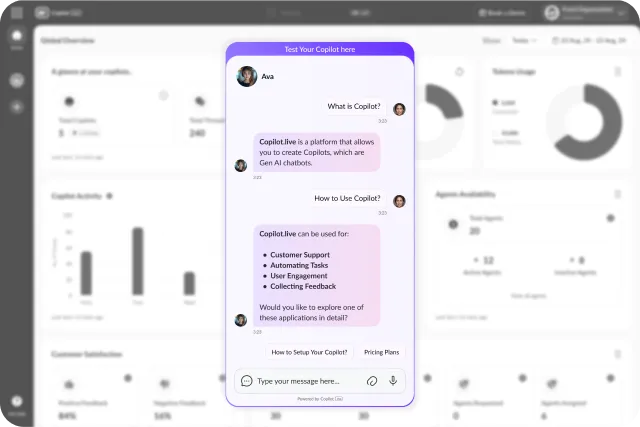
How to create a chatbot for transportation and logistics?
Sign up for free
Go to Copilot.live website. Then, click on the “Sign up” button. Now enter your name, email id, and password. Alternatively, you can also quickly set up your profile using your Google or Apple id.
Customize the chatbot
After creating your account, you can set the colour, name, style, and tone of the chatbot. We always recommend that you keep your chatbot friendly, simple, and relevant to the users. Also, align your chatbot to your brand personality.
Add data sources
Step three is to add your data sources to your chatbot. The information you input will be used by the chatbot to reply to its users. So, always ensure that your databases are fresh and current.
Train, test & deploy
You also have the option to train and test your chatbot. The best part is that you can train the chatbot to give responses in a specific way and test its performance. Once you are satisfied with the performance, you can deploy the chatbot quickly on your business tools.


What is a chatbot for transportation and logistics?
A chatbot for transportation and logistics is an AI-powered chatbot that helps logistics companies automate, streamline, and simplify processes. The chatbot can answer customer questions related to orders, delivery, and shipment. It can also provide real-time updates on the delivery timeline and shipment. Therefore, your customers don’t have to wait for office hours or email replies to know where their shipment is. They can instantly track and get information from the chatbot.
Further, it can also give staff real-time inventory status and notify them about products that are low or high in stock. The chatbot is also useful for fleet management, internal logistics coordination, and other purposes.
All of these serve to enhance team collaboration, process efficiency, and workflow accuracy. It also reduces the team's operational expenses and workload, allowing them to focus on more important order/inventory-related tasks. A logistics chatbot enables employees to process orders, manage stock, communicate with partners, and assist clients in a more effective manner than before.
Why is there a need for chatbot for transportation and logistics?
24x7 instant support
Customers don’t want to wait when it comes to knowing the whereabouts of their order. If you fail to provide them instant and accurate information, they will move to another company next time. A logistics chatbot can answer their questions whenever they need assistance. From order tracking to real-time status of shipment and order modifications, the chatbot can do it all.
Staff are overwhelmed with customer queries
Logistics companies are often loaded with trivial customer queries. They are mostly about order status, delivery time, and shipment location. Staff spend most of their time responding to these questions. A chatbot for transportation and logistics can help you easily automate these queries. Therefore, saving staff time and reduces their workload to focus on more important tasks.
Managing inventory is hectic
Managing inventory and collaborating with other partners and teams is frustrating. You have to keep records of products low on stock, high in demand, quickly selling out and more. Then you have to get in touch with your partners for placing orders and getting orders shipped. A chatbot for transportation and logistics can automate your inventory management, give real-time inventory information, provide updates about the warehouse, and more.
Logistics coordination is disintegrated
A logistics company has to collaborate with partners, vendors, customers, drivers, and other internal teams so that all the processes run smoothly. A chatbot for transportation and logistics helps you synchronize with everyone involved and optimize the processes for higher efficiency, accuracy, and productivity. It not only helps staff do their work faster but also saves the company’s resources and costs.
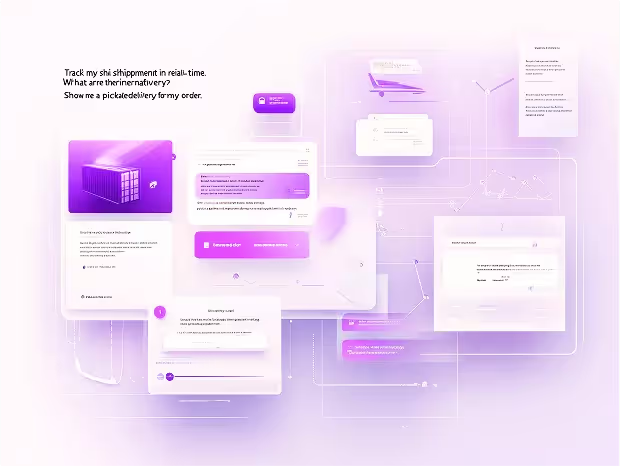

Who needs a logistics chatbot?
Logistics and transportation businesses have always faced an array of problems: missed calls, lags in communication, confused clients, and overburdened support staff. And then, drivers also need instant feedback, real-time customer tracking, staff are harassed with monotonous questions. All of this adds to operational bottlenecking and irritation.
This is the point where a logistics chatbot comes in handy. It can respond to customer inquiries, send in-trip updates, alert drivers, and delegate team responsibilities all around the clock. Get rid of waiting on calls in queues and scrolling through endless email threads. A logistics chatbot can automate anything, from delivery management to inter-warehouse team coordination to customer support. What’s that ideal fix for business? For better communication, faster response, and a low-hassle operational pattern, logistics chatbots are the best bet.
Key benefits & features of transportation and logistics chatbot
Copilot.live chatbot for transportation and logistics that automates customer support, inventory management, and internal operations for improved operations, user support, and delivery accuracy.
Improved customer experience
The logistics chatbot is available 24x7 to answer your customer questions. Moreover, it pulls out data from your databases and tools. So it can give accurate and up-to-date information. This increases the credibility of the responses and improves customer experiences.
Omnichannel support
A chatbot for transportation and logistics supports your customers wherever they are. From WhatsApp to website, Telegram, and app, you can integrate the chatbot on any platform for your customers and teams. This allows the chatbot to provide context-aware and consistent support across all channels.
Better visibility & control
Copilot.live logistics chatbot gives you better visibility and control in your internal processes and inventory. It provides real-time information related to fleets, shipments, and inventory so you can manage everything in a seamless way.
Multilingual support
Copilot.live chatbot, can understand and answer customer queries in over 50 common languages. This means that your customers can talk with the chatbot in their preferred language. Therefore, improving customer experience further and being able to cater to a global audience.
Copilot.live Transportation & Logistics chatbot use cases
E-commerce Deliveries
Copilot can also be used by online stores. live to help customers keep tabs on their orders — from dispatch to doorstep. The chatbot lets you share tracking information, provides estimated delivery times, and can even assist with rescheduling a delivery. It cuts down on support calls and maintains buyers’ happiness with real-time updates.
Freight & Cargo Management
Bulk carriers in the logistics sector are recommended to have a chatbot to help in checking the status, exchanging documents during freight, and communicating with their clients. It can respond to queries about shipping routes, customs clearance, and cargo arrival times — all without human involvement.
Courier & Last-Mile Delivery
As a courier service, the chatbot can process pickup requests, deliver confirmations, and help drivers with route navigation. It provides senders and receivers with a heads-up on how and when to deliver the last mile to a customer in a quicker, more efficient way.
Warehouse Operations
Copilot. live help warehouse workers locate inventory and monitor incoming and outgoing goods, and receive notifications of low stock. It also facilitates dialogue between the warehouse and logistics team and reduces the level of inventory error that causes delays.
Transport Fleet Management
And fleet operators can push assignments, updates, and vehicle status checks to drivers via the chatbot. Drivers can also use the chatbot to report issues such as breakdowns easily, thus ensuring operations are kept smooth and responsive.
Cold Chain Logistics
Industries such as food or pharma can use the chatbot to monitor and alert teams about temperature-sensitive cargo. It notifies you if there’s a change in your cold storage conditions and maintains chemical compliance by keeping everyone in the loop, always.
International Shipping
The chatbot could help customers and teams navigate customs procedures, needed documentation, and any delays caused by regulations. It provides multilingual support and automates frequently asked questions about taxes, tariffs, and shipping timelines.
Manufacturing & Supply Chain
The bots can also aid in raw materials coordination, updating suppliers, and tracking outbound shipments for manufacturers. It keeps the entire supply chain transparent, preventing miscommunication and speeding up the production cycle.


Factors to consider while building a logistics chatbot
When designing a logistics chatbot, we should concentrate on real-life issues, not just tech features. The aim is to make communication more streamlined and operations more efficient.
- Tracking and live tracking – Link the chatbot with tracking or GPS.
- System integrations – It should integrate well with your ERP, CRM, or TMS.
- Multilingual support – Useful for overseas teams and customers.
- Omnichannel access – Use it in your website, app, WhatsApp, and beyond.
- For use inside or outside – It should benefit your customers as well as your staff.
- Intelligent Automation – automate repeatable queries and tasks.
- 24/7 access – Logistics is a non-stop affair, and so too should be your chatbot.
These are the features that make sure your chatbot adds value on day one.
The future of transportation & logistics chatbot
The future of logistics chatbots is bright. Chatbots keep improving and getting smarter, faster, and more productive with advances in technology. Even today, a lot of logistics companies still suffer from things like slow communication, problems with tracking items, and the fact that a vast number of logistics companies can't yet deliver real-time data to their customers, and they're making their customer support teams work overtime as a result. Such hurdles can delay deliveries and irritate customers.
These problems are likely to be addressed more effectively by sophisticated chatbots that are driven by AI and machine learning in the future. They will be able to predict delays, recommend faster routes and warn teams before anything goes wrong. Narrative-based bots could even be used by drivers while on the road, without using their hands. Chatbots will also manage more complex natural language discussions more effectively, speak multiple languages more fluently, and interface flawlessly across all platforms.
As they become further integrated with systems like GPS, warehouse software, and transport management systems, next-generation chatbots will function as real-time control towers. They will aid customers in tracking packages, support drivers, and provide managers a full view of operations — all within one interface. In other words, the future chatbot will not only answer questions — it will also help run the show. Logistics will be faster, smarter, and more reliable than ever.


Frequently Asked Questions
You can reach out to us in case of any queries, feedback, or suggestions via [email protected] or read below.
A. A logistics chatbot can handle customer queries, track shipments, assist drivers, manage bookings, and provide real-time updates, helping you save time and run operations smoothly.
A. Yes, the chatbot can provide real-time tracking updates by integrating with your tracking or GPS system. Customers just need to enter their tracking number.
A. Absolutely! It can assist customers with support and tracking while also helping drivers, dispatchers, and warehouse staff with schedules, updates, and coordination.
A. Yes, the chatbot is always on, ready to answer questions, process requests, and send updates, even outside of business hours.
A. Yes, the chatbot can connect with your ERP, CRM, TMS, and GPS platforms to fetch and update data automatically.
A. Yes, the chatbot can be deployed across various platforms, including your website, mobile app, WhatsApp, Facebook Messenger, and more.







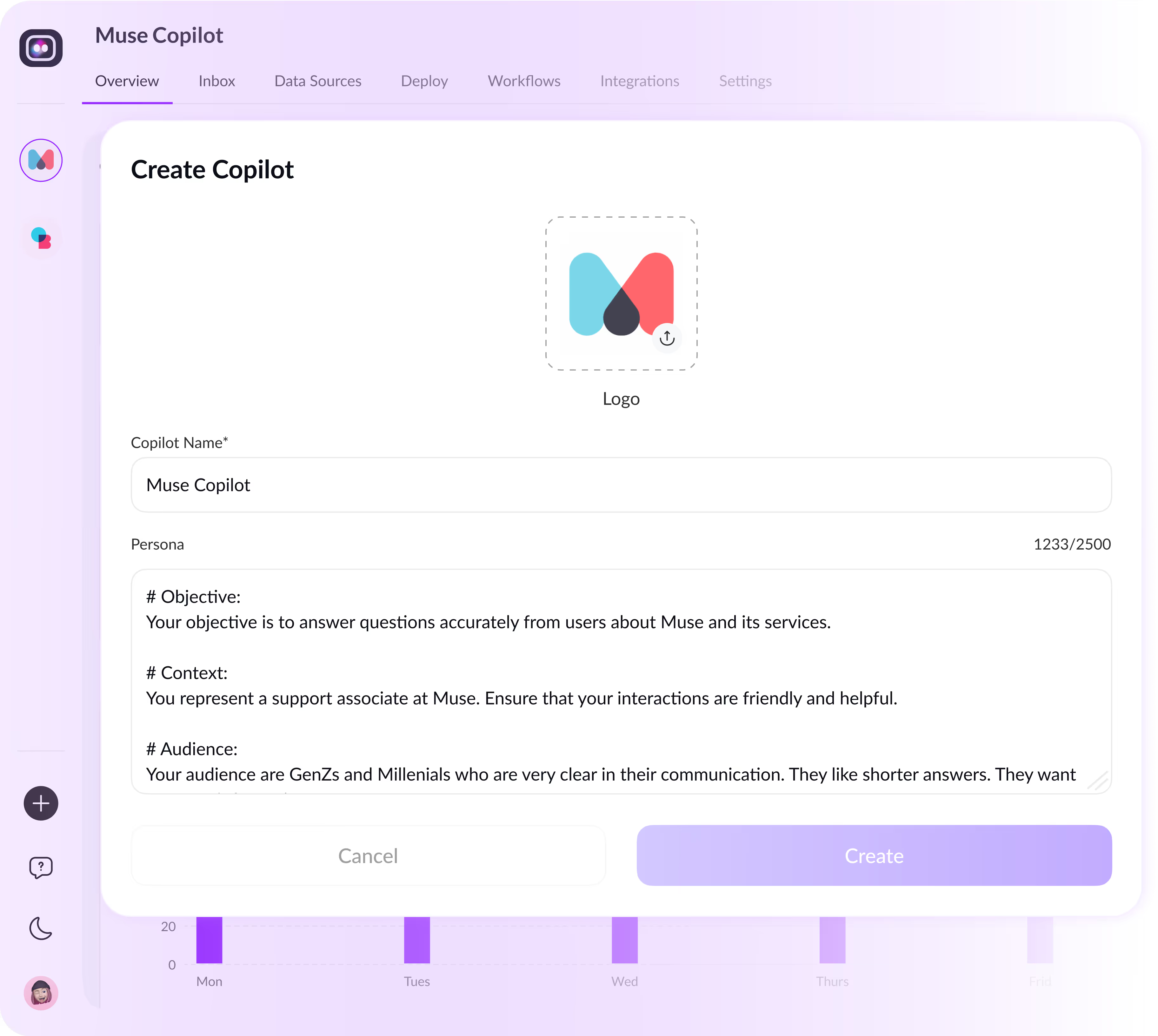
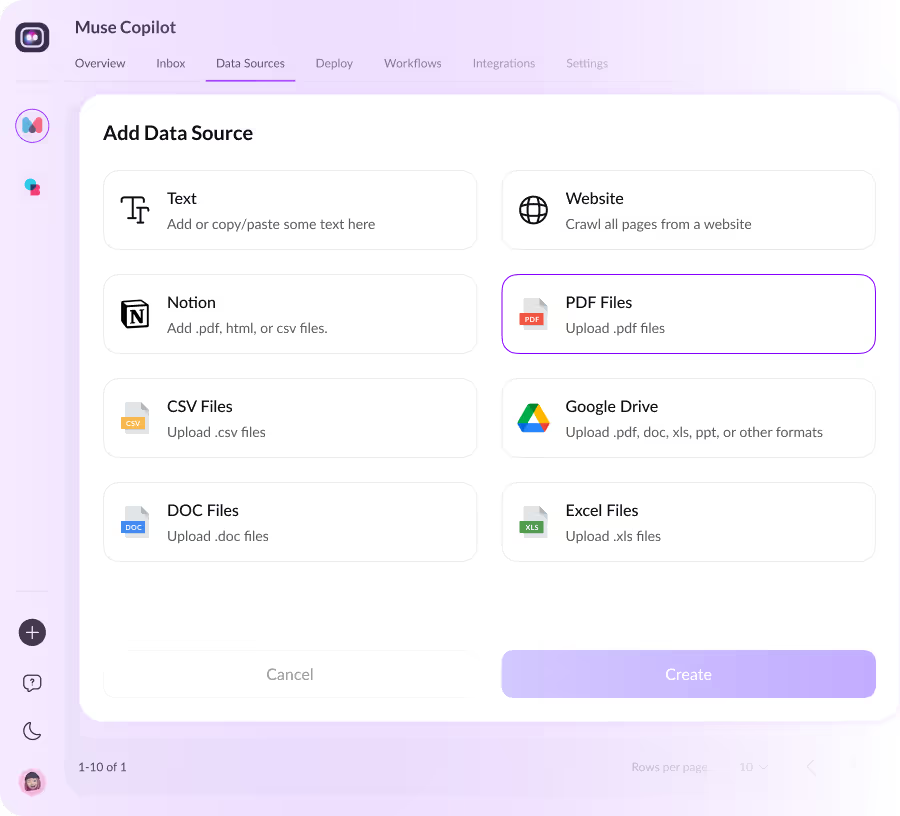
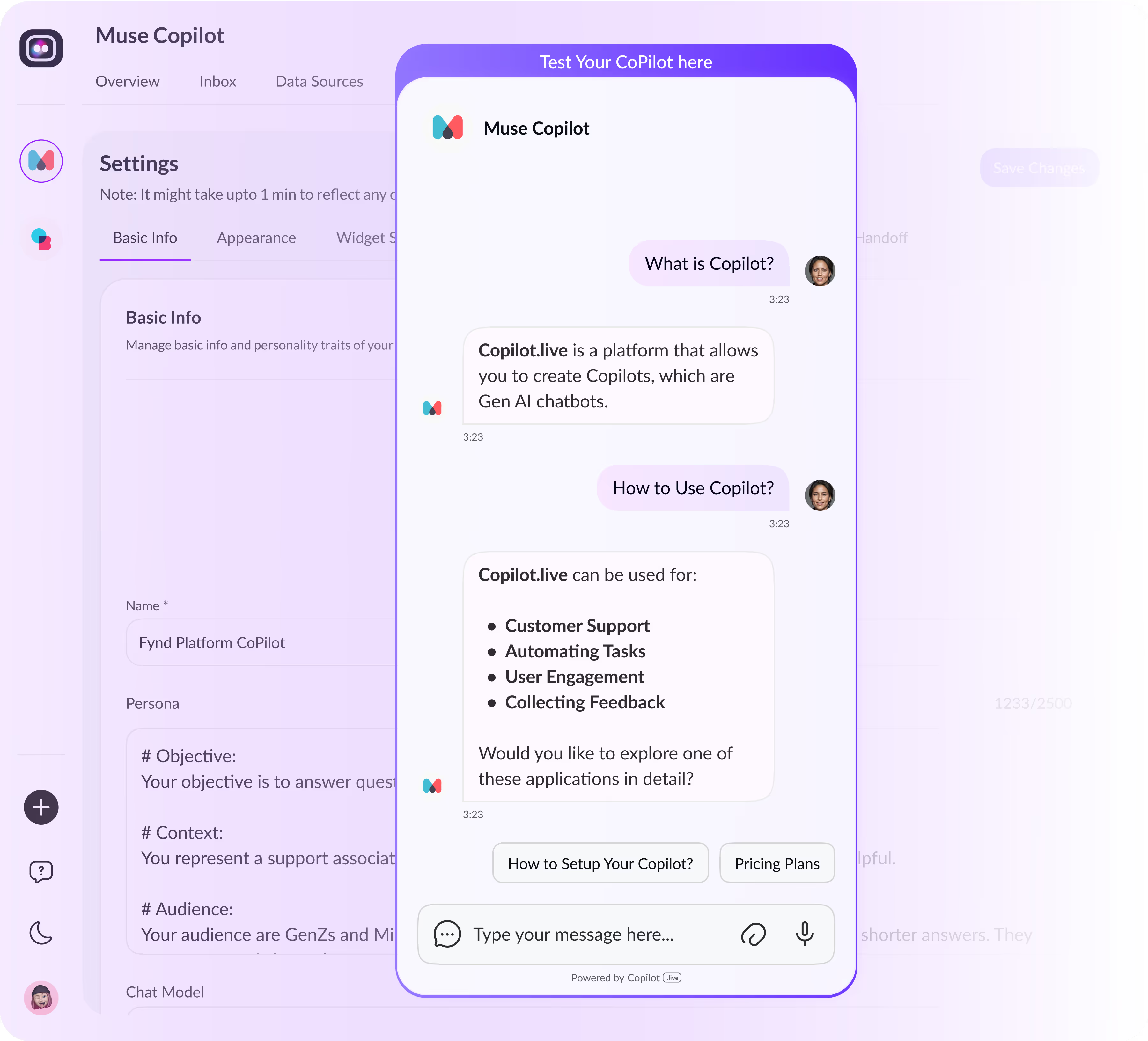





.avif)



.avif)
.avif)

.avif)
.avif)
.avif)






































